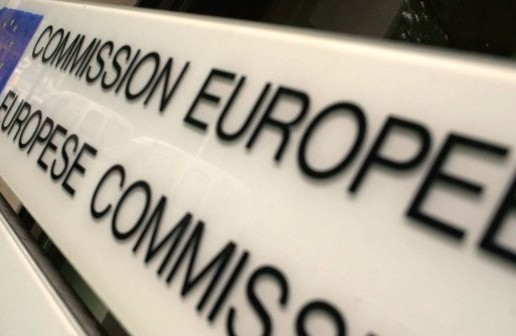COMMISSION PRESENTS AN UPDATED IN-DEPTH REVIEW OF EUROPE'S STRATEGIC DEPENDENCIES
Today, the Commission has published the second edition of in-depth analysis of Europe's strategic dependencies. The report looks at five areas – rare earths and magnesium, chemicals, solar panels, cybersecurity and IT software - where Europe faces strategic dependencies on third countries. The aim is to foster better understanding of the risks and opportunities to address these.
Today's follow-up report on strategic dependencies highlights:
- Strategic dependencies on rare earths, magnesium and PV panels stem from a strong concentration of global production in China, current limited options for supply diversification, including from within the EU, or substitution. Dependencies are also identified for a number of chemicals that are of critical importance across a range of industrial ecosystems. Furthermore, the report identifies weaknesses in comparison with the EU's global competitors for key technologies such as cybersecurity and IT software.
- Looking at the sectors analysed in the first edition of in-depth review, the report assesses the set of actions that have been initiated to address the identified strategic dependencies. The report finds that significant progress has been achieved, including investment pipelines through existing industrial alliances on raw materials, batteries and hydrogen as well as recently launched alliances on semiconductors and cloud services; adoption of Commission regulatory proposals on batteries, hydrogen and semiconductors; and new international partnerships, such as in the area of raw materials. The report also highlights the role of Important Projects of Common European Interest to deliver breakthrough innovation in, e.g. semiconductors and cloud services.
The report builds on the first analyses underpinning the 2021 Updated Industrial Strategy, in view of Europe's transition to a green, digital, resilient and globally competitive economy, while considering the impact of the COVID-19 pandemic on the Single Market.
Readed: 3025









